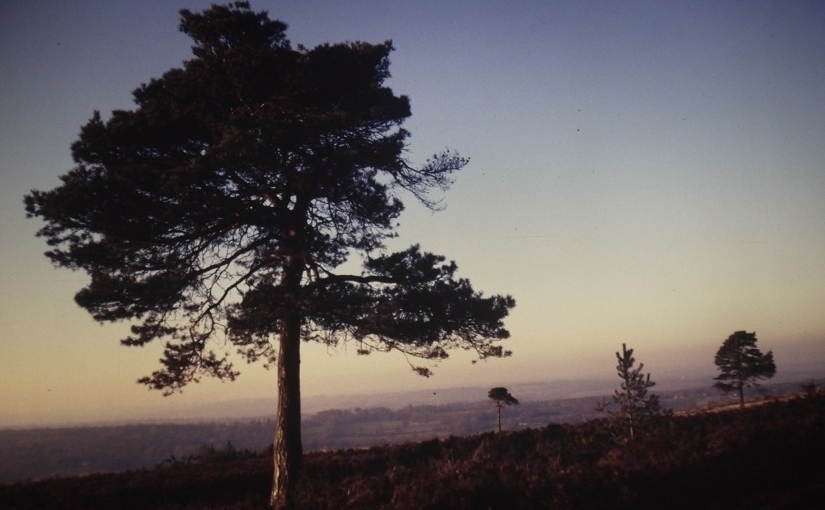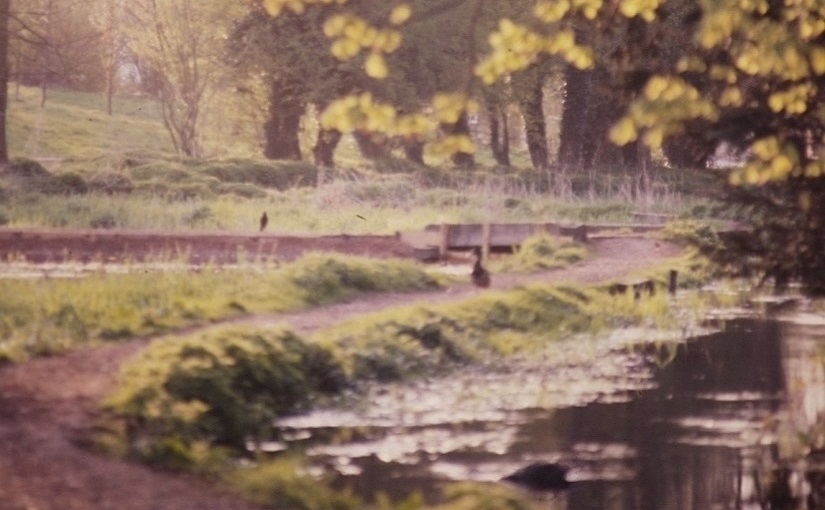Ideas around society, its structures and ideals, and how it’s working out are topics touched on previously (see Notes One), but here I’ll revisit them in the light of “The Spirit of Community” by Amitai Etzioni. While I’ve only begun reading it at this point, so much seems pertinent to situations we’re currently facing.
Etzioni begins by discussing the “urgent need to rebuild a sense of personal and social responsibility, a sense that we are not only entitled but also must serve, that the individual good is deeply intertwined with the needs of the common good”. And in terms of achieving such a thing, it’s noted that “to change a society’s course one must focus on changing the habits of the heart, on a grand dialogue in which people come together to agree upon a new direction”; as anything imposed without agreement seems destined to fail.
Which is, in a way, profound yet also self-evident: society is composed of individuals, but without a common sense of togetherness and purpose it’s surely a tricky reality to hold together.
Talking of the basic give and take of existence, Etzioni highlights people’s “tendency … to claim rights for themselves and to leave responsibilities to the government”; whereas these effectively go hand in hand. In a sense, our rights are limited by our coexistence: what we take, we take from others; and what we give upholds collective systems. For the moment, society mainly quantifies this financially; but we could take a wider view of “responsibility to our moral, social, and political environment”.
Questions of social morality are interesting to explore; little having stepped in to replace religion or tradition. Not to say the constrictive aspects of those forces didn’t need reworking, but to abandon any concept of moral sense seems a bold step and a difficult reality to navigate (Notes Two).
It’s then suggested that “individuals’ consciences are neither inborn nor – for most people – self-enforcing. We gain our initial moral commitments as new members of a community into which we are born. Later, as we mature, we hone our individualized versions out of the social values that have been transmitted to us.” Connected to which, the “only way the moral integrity of a society can be preserved is for most of the people, most of the time, to abide by their commitments voluntarily”
Placing morality as an essential foundation for society is interesting, and reiterates the importance of how we pass on those values that serve both individuals and society; whether that’s through family, community, culture, or formal education (Notes Three).
This is a book I’ll return to, as it approaches social responsibility in wonderfully detailed and practical ways: ideas around responsive communities and acting in consideration of others seem so relevant now and spill across boundaries between family, relationships, work practices, and public life. Given the interrelated nature of society and the importance of achieving or maintaining meaningful cohesion, a broad discussion of this nature does seem to be a sensible way forward.
Notes and References:
“The Spirit of Community” by Amitai Etzioni, (Fontana Press, London UK), 1993
Note 1: Community – what it was, what we lost
Note 1: Mirrors we offer one another
Note 2: Laws and lawlessness
Note 2: Antisocial behaviour & the young
Note 3: Need to stand alone & think for ourselves
Note 3: Learning to be human










